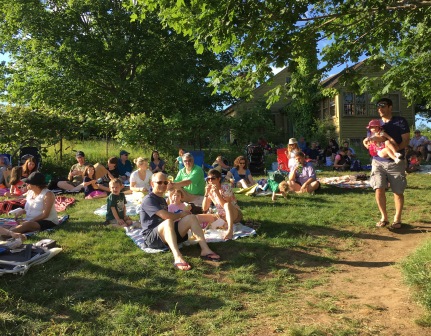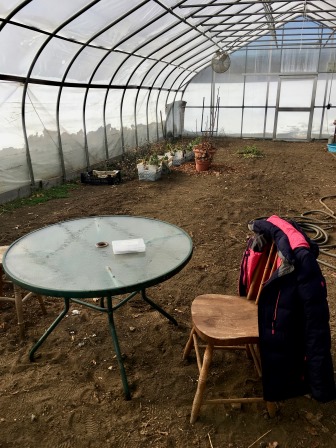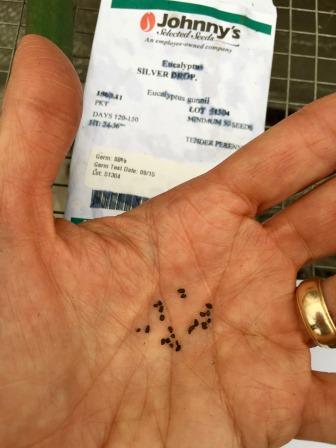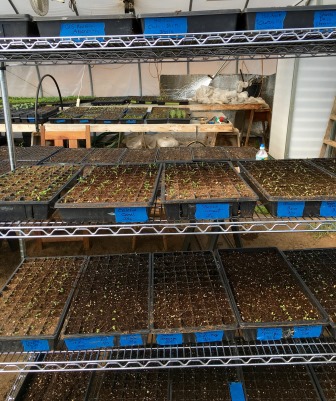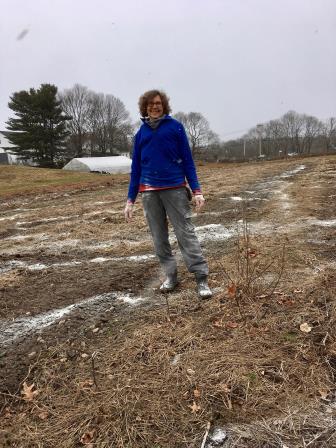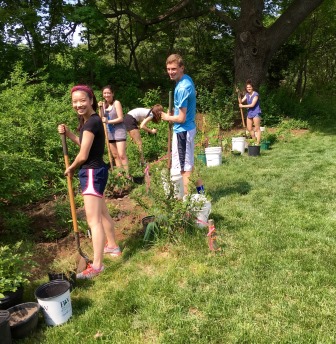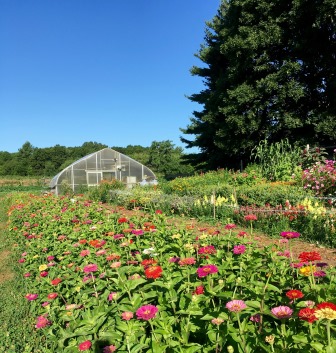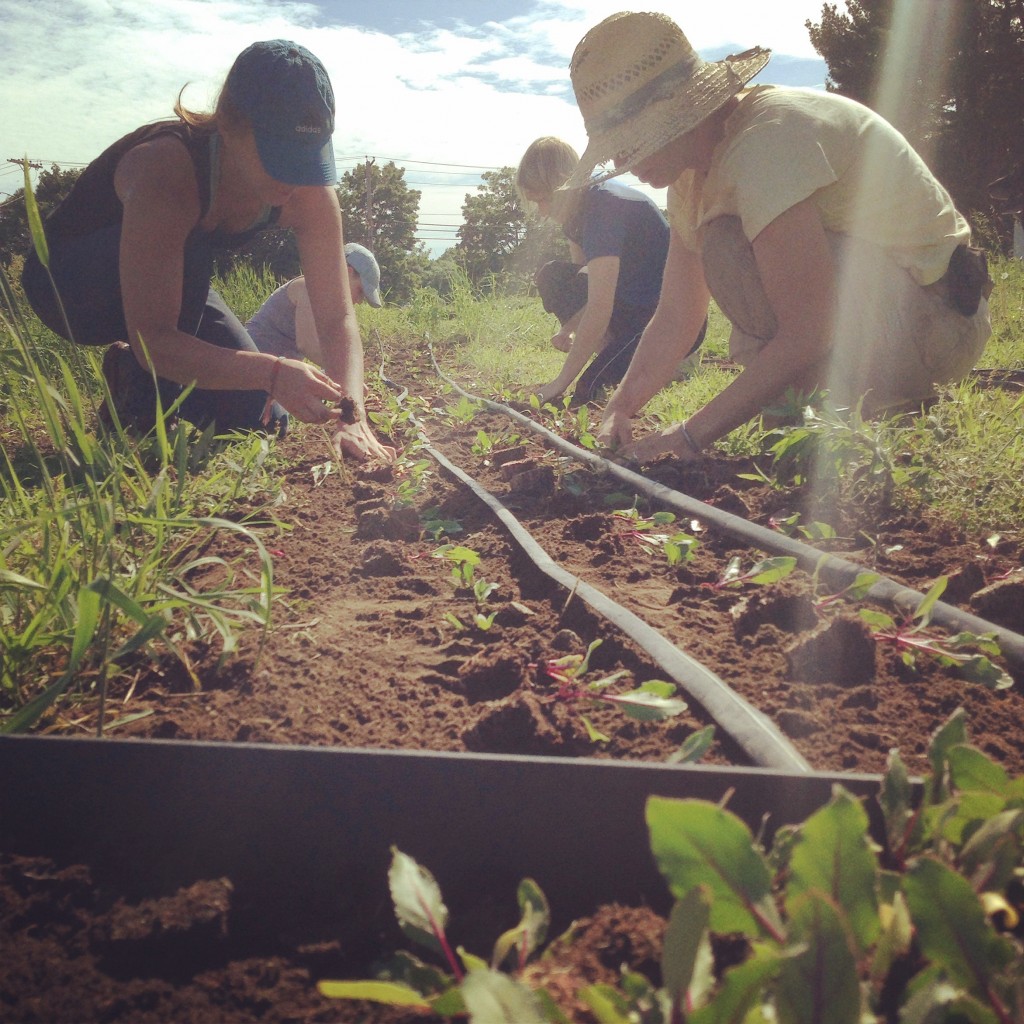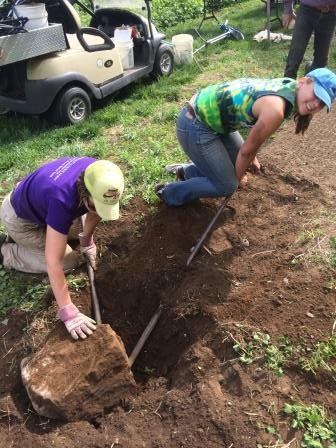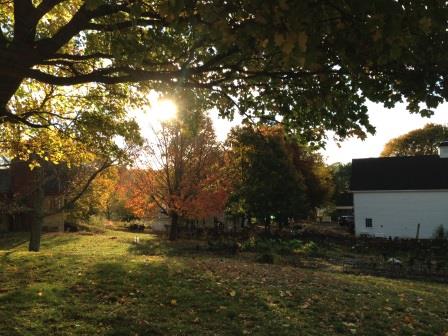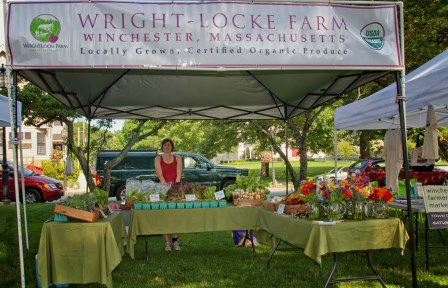Written by Amy Rindskopf, Event Manager
The month of May means many things in the Farm’s calendar – seedlings start to leave the greenhouse for the fields, after-school education programs return, and the farm stand moves from once-a-week eggs-only towards a full week with veggies, eggs, and delicious snacks. For the Farm event team, it means something even more: parties return to the 1827 Barn!
Regular visitors to the farm know that we do many public events throughout the warmer months: Family Farm Nights in June & July are our most popular event but we also do Spring Fling in May (this weekend!), Summer Solstice and Fall Equinox parties, Farm-to-table Suppers in the late summer, and our annual Harvest Dinner in September.
The most attentive visitors know that we also host private events, everything from children’s birthdays to graduations to family milestones to weddings. People who come to the farm to celebrate the important moments in their lives aren’t just looking for a place to have a party – they are connecting themselves and their guests with history and nature in a way rarely seen in event spaces. It’s why so many people come back to our events year after year. And why more than one party guest has become a volunteer in our fields.
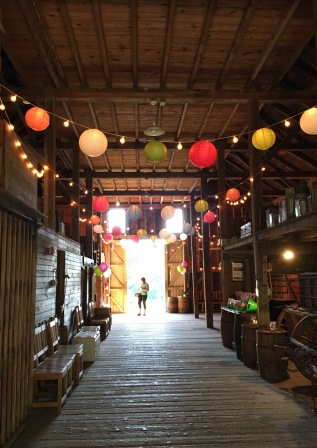
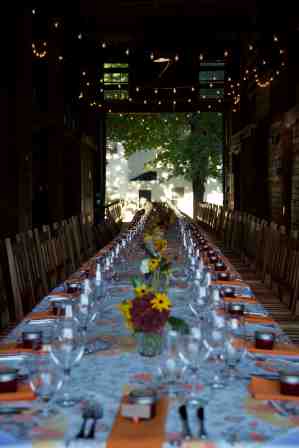
Our event team definitely has the most unusual job description at Wright-Locke Farm: they must love helping organize beautiful events, but they also enjoy working outside in all weather, moving heavy wooden barn chairs, climbing ladders, having dirty hands, and chasing runaway paper lanterns (and the occasional lost sheep). These night-time farmers of Wright-Locke Farm are some of the best problem solvers I know – they can hang anything from the Norway maple on the hill used as our wedding ceremony site. Need to hang a poster in the barn without using any nails? But of course! Sudden hailstorm changing your outside summer fete to a cozy fall barn party? Not a problem!
Here’s looking forward to a season full of starry nights, happy families, vibrant music, and delicious food!
